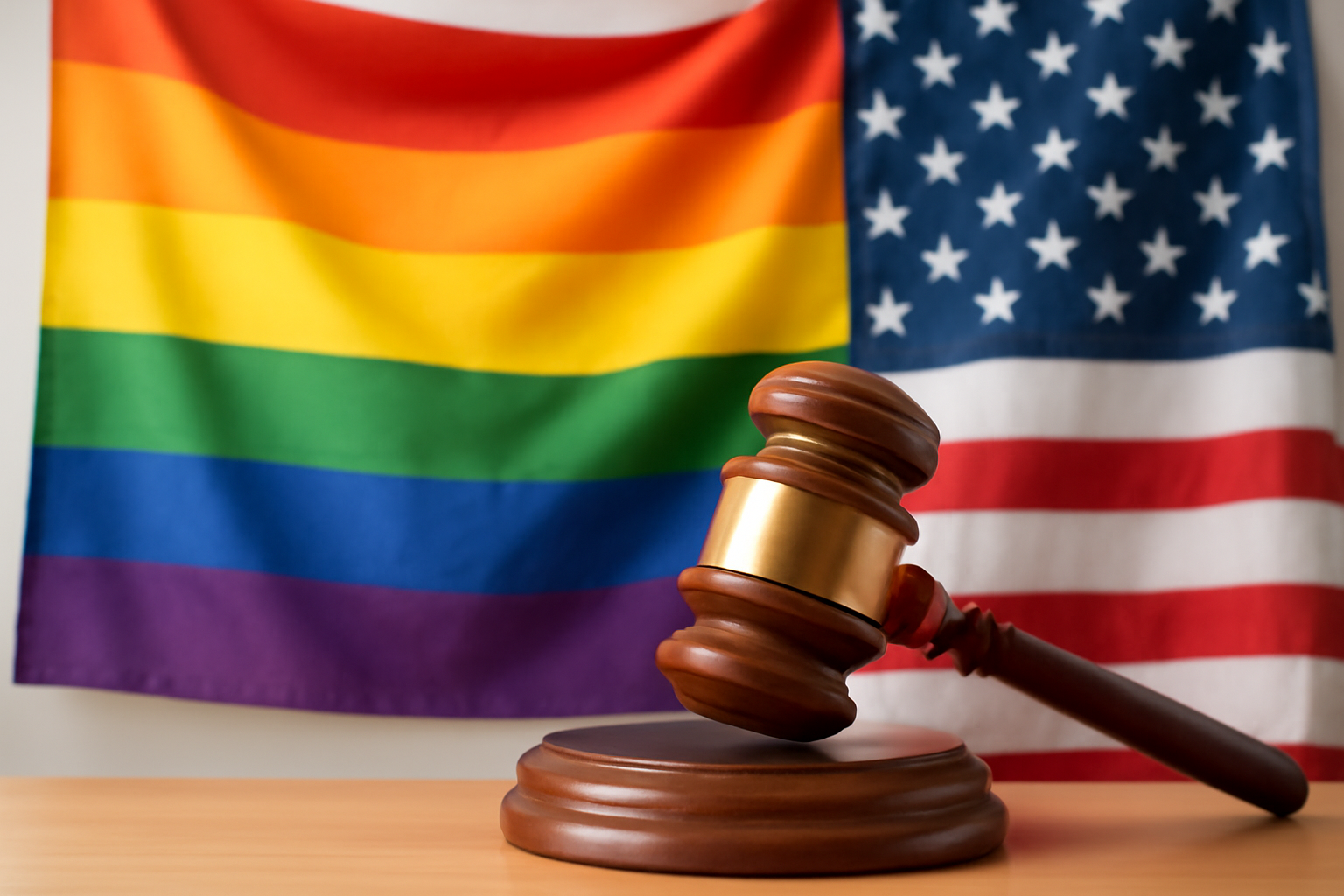
In a significant policy shift, the current administration has made changes to the rules governing federal government contracting, effectively rescinding certain civil rights protections that had been in place since the LBJ era.
Background on Civil Rights in Federal Contracting
During the presidency of Lyndon B. Johnson, critical measures were implemented to ensure non-discrimination in federal contracting. These measures were part of a broader effort to promote civil rights and equal opportunity in the United States. The goal was to prevent discrimination based on race, color, religion, sex, or national origin by companies that entered into contracts with the federal government.
The regulations aimed to create an environment where all individuals had a fair chance at employment and advancement, contributing to a more diverse and inclusive workforce. Over the years, these protections have been expanded and reinforced through various executive orders and legislation, embedding civil rights into the fabric of federal contracting policies.
Recent Changes and Implications
The latest changes announced by the administration have raised concerns among civil rights advocates and affected communities. By revoking specific protections, the administration argues that it is simplifying the contracting process and reducing regulatory burdens on businesses. However, critics point out that this action could lead to increased discrimination and a regression in the progress made over the past decades.
One of the key concerns is that the removal of these protections could disproportionately affect marginalized communities, including racial minorities, women, and LGBTQ+ individuals. These groups have historically faced barriers in accessing equal opportunities in both employment and contracting. The protections that were in place helped to level the playing field and ensure that all contractors adhered to fair employment practices.
The Response from Advocacy Groups
Civil rights organizations and advocacy groups have been vocal in their opposition to these changes. They argue that the rollback undermines decades of progress and could lead to a more discriminatory contracting environment. Many of these groups are calling on lawmakers to take action to reinstate these protections through legislative means.
Several legal challenges are also being considered by civil rights groups, aiming to block the implementation of these changes. The argument is that without these protections, companies may not be held accountable for discriminatory practices, leading to a less equitable workforce.
Potential Impact on the LGBTQ+ Community
The LGBTQ+ community, in particular, is concerned about the implications of these changes. Although sexual orientation and gender identity have not always been explicitly protected under federal law, recent interpretations of civil rights protections have sought to include LGBTQ+ individuals. The revocation of these protections raises fears that discrimination against LGBTQ+ individuals could become more prevalent.
For many in the LGBTQ+ community, the protections offered through federal contracting rules were a vital tool in combating workplace discrimination and ensuring fair treatment. The rollback could signal a step backwards in the fight for equality and inclusion, making it more challenging for LGBTQ+ individuals to secure jobs and contracts with the federal government.
Looking Ahead
As the debate over these changes continues, it is clear that the issue of civil rights in federal contracting is far from settled. Advocacy groups are mobilizing efforts to push back against the rollback and to advocate for stronger protections moving forward. Meanwhile, affected communities are encouraged to remain vigilant and to report any instances of discrimination to the appropriate authorities.
The outcome of this policy change remains to be seen, but it is evident that civil rights in federal contracting will continue to be a topic of critical importance. As the nation grapples with issues of equality and justice, the need for robust protections in all areas of government policy remains crucial.
Related Posts
Pride Month in Latin America: Protests and Demands for Equality
**Celebrating Pride and advocating LGBTQ+ rights in Latin America** Pride Month in Latin America was a lively mix where celebration met activism. Communities united, not just throwing a party but making a stand—demanding equality and pushing governments toward better protection and rights recognition. Throughout Latin America, pride events erupted in marches and cultural displays, each with a c [...]
Transgender Erasure Actions Implemented by National Park Service
```html Trump administration's impact on national park service and transgender recognition The Trump administration made notable moves in undermining transgender representation, which included directing agencies like National Park Service not include "T" and "Q" when they refered “LGBTQ” in any official communication. This move seems part a broader plan by this administration aimed at reducin [...]
Drag Night Extravaganza: Daddies & Baddies at Atlantic City's Anchor Rock Club
Atlantic City, NJ, isn't just about its casinos and boardwalk—it's a hub bursting with energy and entertainment. One event that truly captures this spirit? The "Daddies & Baddies" drag night at Anchor Rock Club. This vibrant night celebrates amateur drag in all its glory, offering a kaleidoscope display where creativity and community unite. If you're looking where inclusivity and creativity take [...]